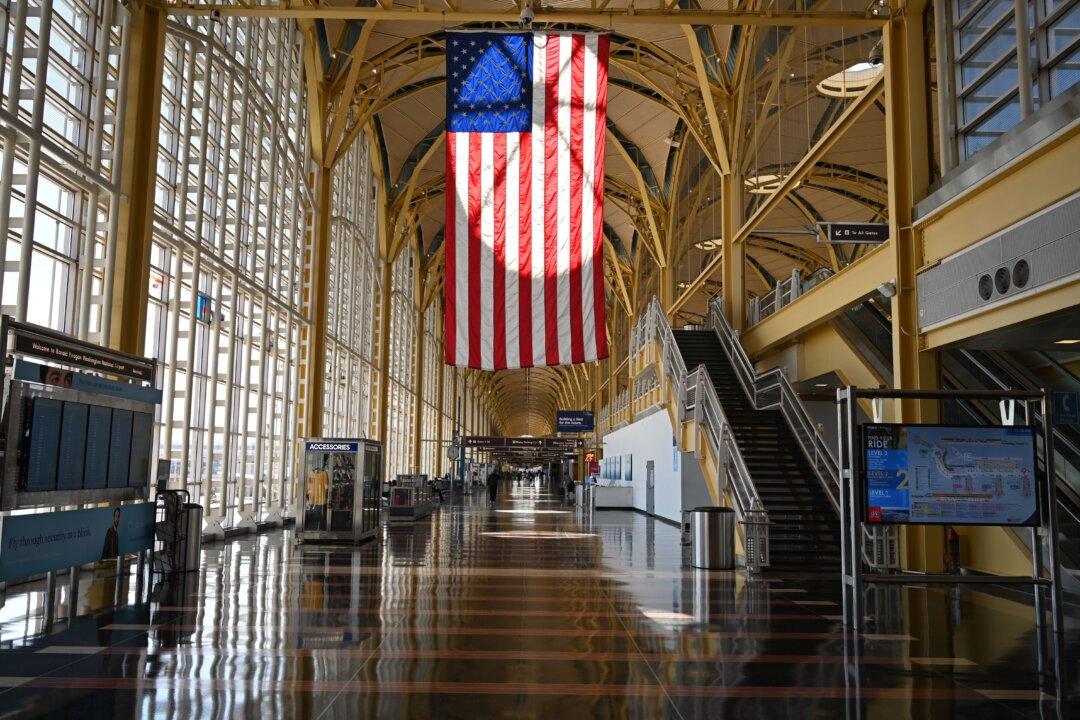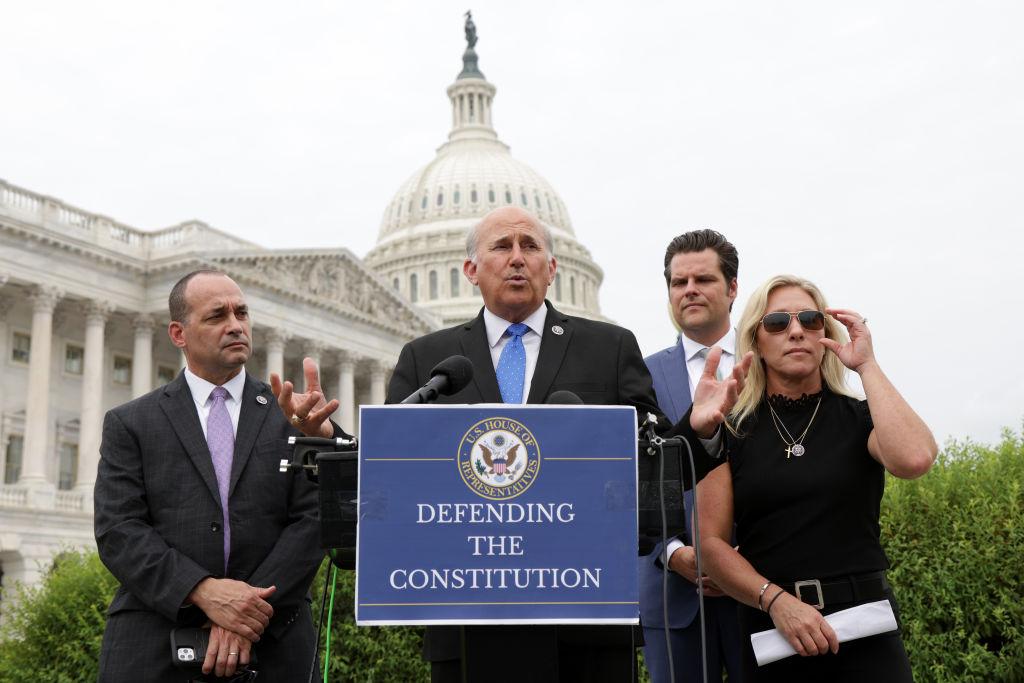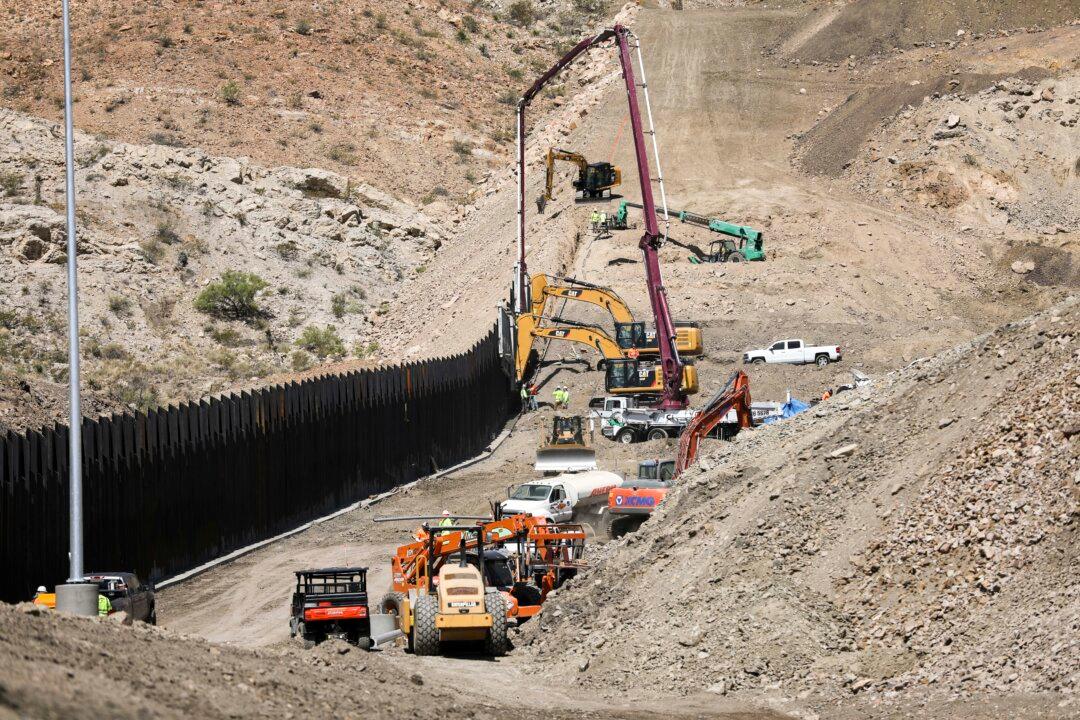Commentary
America is at a standstill; our economy is paused, and while there is light at the end of the tunnel, it is time to craft a plan to reach it. America is at her best when she is tested and we are rising to the occasion like never before. Let’s continue that American spirit as we chart a path back toward economic prosperity.



